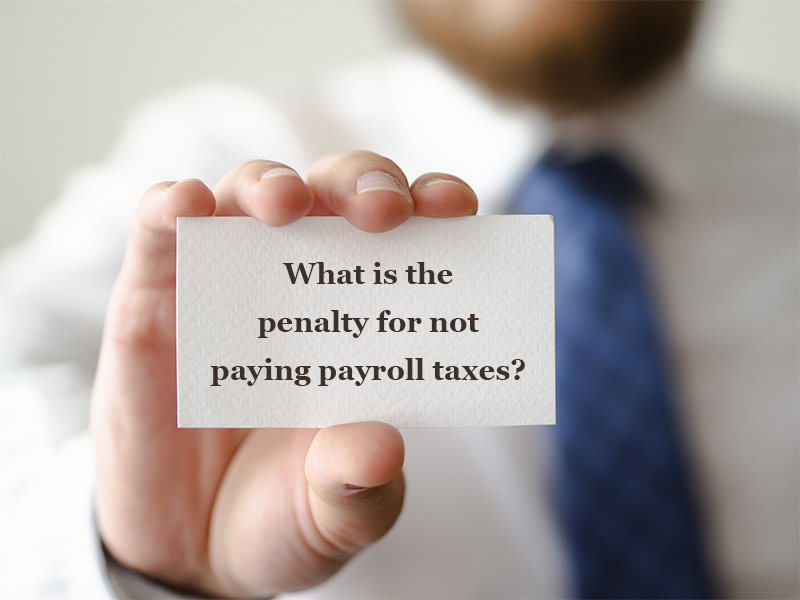[vc_row][vc_column][vc_column_text]
TAX bills are bad enough, but worse are the penalties involved with the non-payment of the same. There may be many reasons for the penalty to be levied, but the chief reason is either failure to pay the amount or not adhering to income tax return processing and filing. It can be also due to several retirement account inactions or non-possession of health insurance and not paying the full tax money. There are many different ways in which the IRS collects additional money. Let us have a look at some of the significant ways in which individuals are subjected to payroll tax penalties and the system of Payroll Taxes in India.
Non- filing Penalty
In case an individual fails to file Form 1040, the person must use form 4868 for an extension before the 15th of April to avoid penalties. The charge imposed is usually 5% per month of all tax balances due. An individual who is late in filing may end up paying the penalty for the whole month regardless of how late he/she has been in a particular month. Also, it is to be noted that if a deadline is offered say until the 15th of October, to submit form 1040, individuals have to pay up before the deadline to avoid the accrual of the non-filing penalty. It should be understood that the non-filing of payroll taxes in India is taken very seriously by the IRS. The silver lining is that it cannot be more than 25% of the individual’s unpaid taxes. But still, 25% is a good amount for not filing a form in time.
Non – payment penalty
This is a common type of payroll tax penalty. It should be kept in mind that unpaid taxes are subjected to their charges. Let us suppose that an individual files his/her returns or extension by the 15th of April but fail to pay the money they owe in the same month; a non-payment penalty equal to 0.5% of the due tax will be levied. Similar to the non-filing penalty, a non-payment penalty is calculated for each month or in parts of the month for which your tax bill is unsettled. Like the non-filing penalty, this, too, can accrue until it hits 25% of the customer’s unpaid bill.
Underpayment Penalty
This is one of the significant forms of payroll tax penalties. This type of penalty is levied when a customer does not make the full payment owed on tax. Taxes always must be paid as income is earned. The payment of tax applies to other incomes like stock options, investment earnings, and prize winnings. A portion of such income should be paid to the IRS, and failure to do so will result in the levy of an underpayment penalty regardless of whether or not you eventually end up paying the total tax.
Thus, we see that there are consequences associated with income tax return processing and filing not appropriately done. One should be alert payroll tax in India and not fall in the trap of payroll tax penalties. A good citizen always has to pay taxes on time. It serves society and saves you from useless hassles and penalties. You can always reach out to a good Payroll Vendor who will take care all your taxes.
[/vc_column_text][/vc_column][/vc_row]









